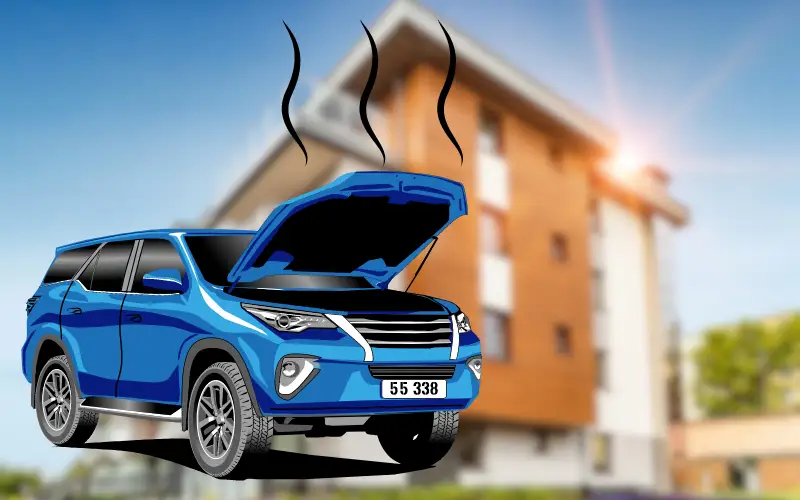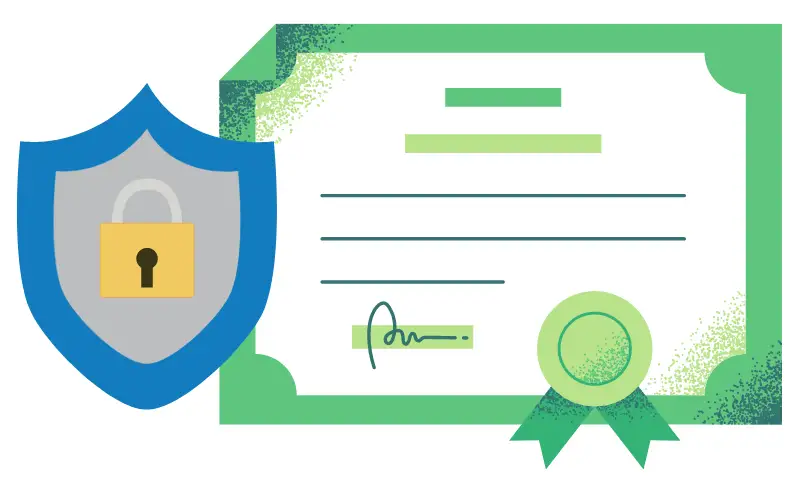If you’re a car owner in the UK, you might have wondered: “What happens if I accidentally knock over a garden wall or dent a parked car on someone’s driveway? Does my insurance cover it?”
Good question!

Let’s dive deep into the topic.
Does Car Insurance Cover Private Property Damage?
The short answer? Yes, but it depends on the type of car insurance policy you have. Here’s a breakdown:
| Insurance Type | Covers Private Property Damage? |
|---|---|
| Third-Party Only | Yes, but only for damage to someone else’s property. |
| Third-Party, Fire, and Theft | Yes, for others’ property; doesn’t cover damage to your own property. |
| Comprehensive | Yes, including damage to private property and potentially your own car. |
- Third-Party Only: If you’ve chosen the most basic (and cheapest) option, it will cover damage to other people’s property. For example, if you back into a neighbour’s fence, your insurer will cover the repair costs. But your own car? Tough luck.
- Comprehensive Insurance: This policy is the all-rounder. Not only does it cover damage to other people’s property, but it also includes your own car. However, terms vary, so read the small print—preferably with a coffee in one hand and patience in the other.
Pro Tip: Always double-check your policy to confirm what’s included. Insurance documents aren’t exactly gripping reads, but knowing your coverage could save you from nasty surprises.
Common Scenarios and Coverage
Here are some everyday examples to help you understand how private property damage is treated:
1. You Reverse Into a Neighbour’s Wall
- Covered? Yes, under all insurance types that include third-party liability.
- Your Out-of-Pocket Cost: Likely just the excess on your policy. The insurer takes care of the rest.
2. You Crash Into Your Own Garage Door
- Covered? Only if you have comprehensive insurance.
- Your Out-of-Pocket Cost: Excess + possible increase in premiums at renewal.
3. Damage While Driving on a Private Estate
- Covered? Yes, as long as you’re driving legally (e.g., with permission to be on the estate).
4. Hitting an Unmarked Post in a Car Park
- Covered? Depends on your insurer. Some might treat it as “your fault” and increase premiums, even if it wasn’t negligence.
What to Do After Causing Property Damage
If you accidentally cause damage on private property, follow these steps:
- Stay Calm: Panicking only makes things worse—and your wallet isn’t a fan of rash decisions.
- Inform the Property Owner: Honesty goes a long way. Leaving without notifying them could result in legal trouble.
- Document the Damage: Take photos, note the time, and jot down what happened.
- Contact Your Insurer: Explain the situation in detail. They’ll guide you on how to proceed.
- Expect an Excess Payment: Most claims involve an excess, so be prepared.
Anecdote Alert: A friend once knocked over a garden gnome. The insurer covered the gnome replacement, but the premium increase? Let’s just say it wasn’t pocket change.
The Devil’s in the Details: Exclusions and Conditions
Not everything is covered. Here are some potential exclusions:
- Driving Without Permission: If you’re trespassing or driving on private property without permission, your claim could be denied.
- Deliberate Damage: Sorry, insurance doesn’t cover rage-fueled moments (e.g., “accidentally” ramming a gate).
- Uninsured Drivers: If the other party is uninsured, even your comprehensive policy might struggle to cover the full cost.
Private vs. Public Property
Understanding what qualifies as private property is crucial:
| Private Property | Public Property |
| Driveways, gardens, fences | Roads, pavements, public parks |
| Car parks owned by businesses | Motorways, highways |
If the accident occurs on public property, standard third-party insurance will suffice.
How to Minimise Costs and Hassle
- Increase Voluntary Excess: A higher excess can lower premiums, but be sure you can afford it if a claim arises.
- Protect Your No-Claims Bonus: Consider adding protection to your policy. It’s worth it for peace of mind.
- Drive Cautiously: Obvious advice, but it’s the best way to avoid property damage claims altogether.
- Consider Specialist Insurance: If you’re regularly on private property (e.g., farms or estates), look into tailored coverage.
FAQs About Car Insurance and Private Property
1. Will my premiums increase if I claim for private property damage? Yes, likely. Insurers view any claim as a risk factor. However, the exact increase depends on your provider and claim history.
2. Can I pay out of pocket instead of claiming? Absolutely. If the damage is minor and cheaper than your excess or the potential premium hike, settling privately might be smarter.
3. What about damage caused by a third party on my property? If someone damages your property, their insurance should cover it. If they’re uninsured, it gets trickier—you may need legal assistance.
Final Thoughts
Car insurance can feel like a labyrinth, but understanding its nuances empowers you to make informed decisions.
Yes, private property damage is often covered, but the specifics hinge on your policy type and circumstances.
So, take a moment, review your policy, and perhaps invest in a little extra coverage. After all, who wants to lose sleep over a smashed garden gnome?


